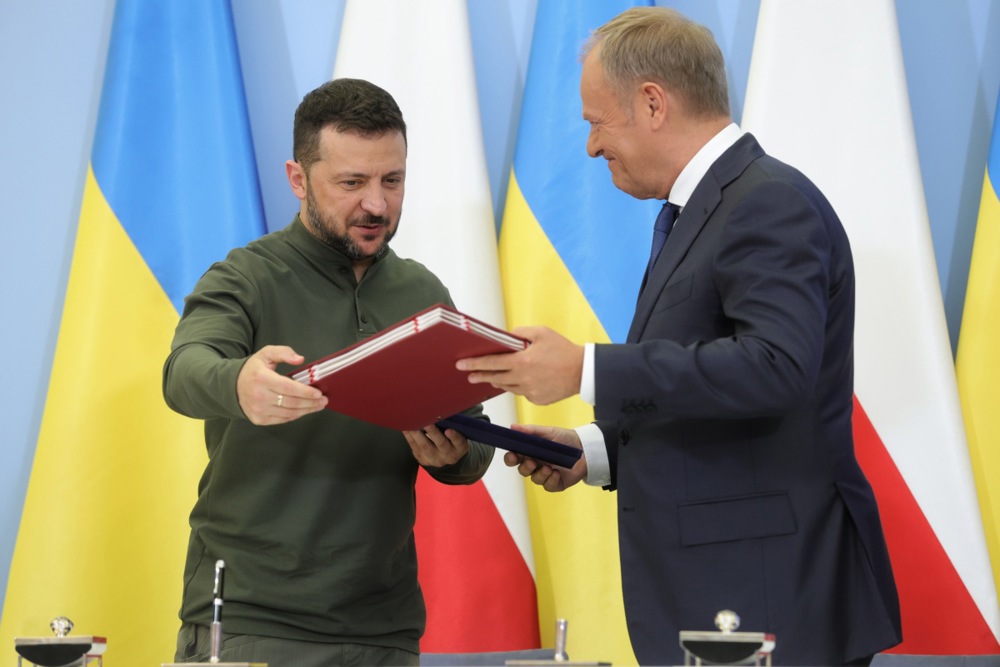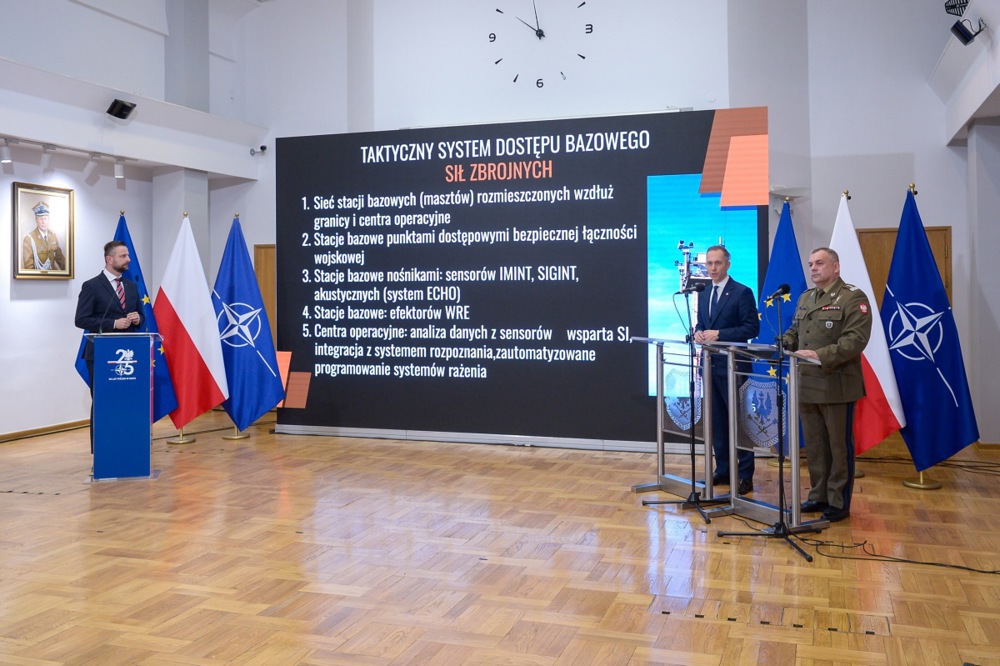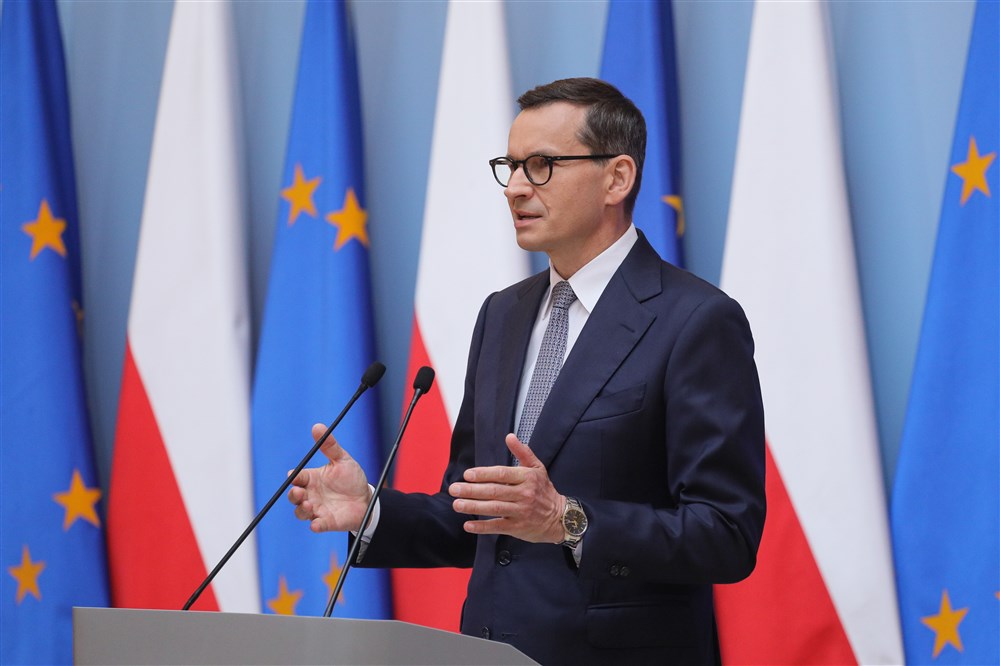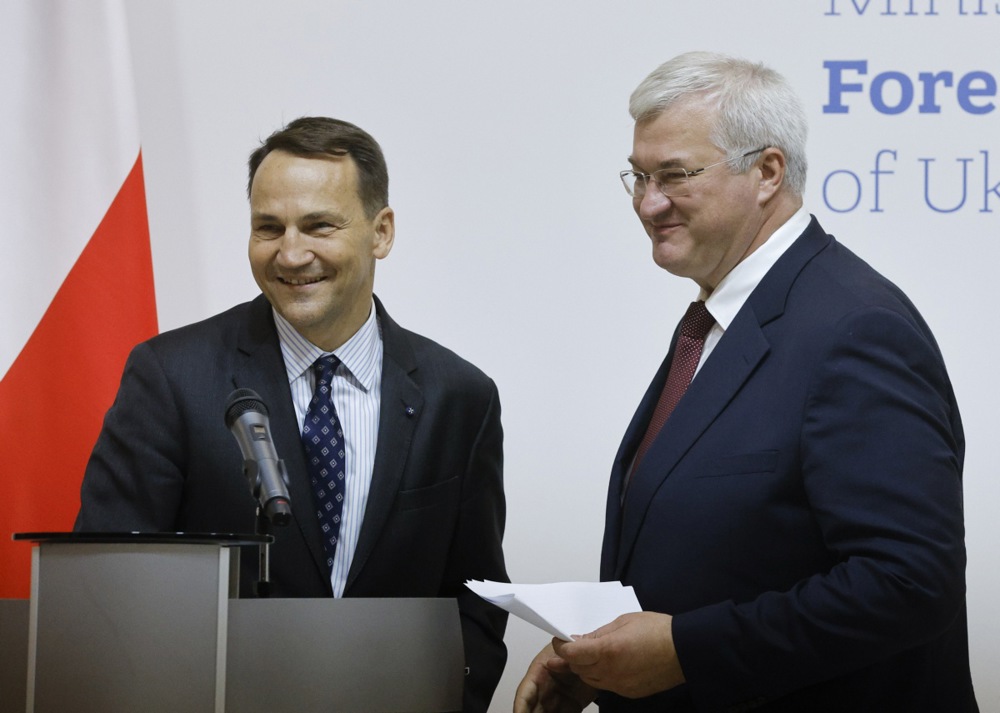Poland’s most senior military officer has called for the creation of a mandatory conscription system within the country, citing growing geopolitical instability.
Polish Chief of Staff of the Armed Forces, General Wiesław Kukuła, has said that the current generation of Poles will be the one that will have to defend their country in combat. He pointed to the need for universal military service to create a much larger army to defend the country from external threat.
Kukuła made his remarks at the October 4 inauguration of the academic year in a military academy in Wrocław. He said that the country is facing a very high likelihood of being involved in a war with its eastern neighbour Russia and that, given Poland’s aging population, much more needed to be done to boost army numbers.
“Everything is indicating that we are the generation that will stand up in arms to defend our country. And neither I nor any of you intend to lose this war,” Kukuła said.
He added: “We will win it, we will come back and we will continue to build Poland, but something has to happen. We have to build armed forces prepared for this type of action.”
This is not the first time Kukuła has said that Poland is likely to face the need to see its forces engaged in combat. In July he said that Polish forces needed to be prepared for full scale conflict which was likely in the coming years.
A former chief of staff, General Waldemar Skrzypczak, criticized Kukuła’s remarks in an interview for portal Salon24.pl for being “defeatist” about the result of the war in Ukraine, adding that “Poland is threatened more by hybrid warfare on its borders than the likelihood of a Russian invasion.”
Kukuła predicted that the demographic crisis would reduce the pace of recruitment.
“The adversary’s potential is so large that we must build a much larger army, which means that we must also implement the general service model,” he said.
By “general service” the general meant universal military service involving military training and period of service. Poland suspended military service in the late noughties, but the legislative framework still exists that could be triggered to return the country to compulsory military service for men in selected age groups.
According to data from the Polish Ministry of Defence, Poland’s army, by the end of this year, will reach number over 200,000 members, making it the third largest army in NATO in terms of personnel, after the United States and Turkey.
Poland’s relations with both Russia and its ally Belarus have been deteriorating for a decade in the aftermath of Russia’s annexation of Crimea and the conflict in the Donbas. These relations reached rock bottom following what Poland alleges was hybrid warfare on its border with Belarus in the shape of Belarus facilitating illegal migrant border crossings.
Tensions were ratcheted up still further following Poland’s strong support for Ukraine in the aftermath of the full scale Russian invasion of February 2024. Poland became a hub for both military and humanitarian aid for Ukraine. Opposition to Russia’s actions and the need for increasing defence spending are issues on which both the present liberal Tusk government and its Conservative (PiS) predecessor remain in full agreement.





